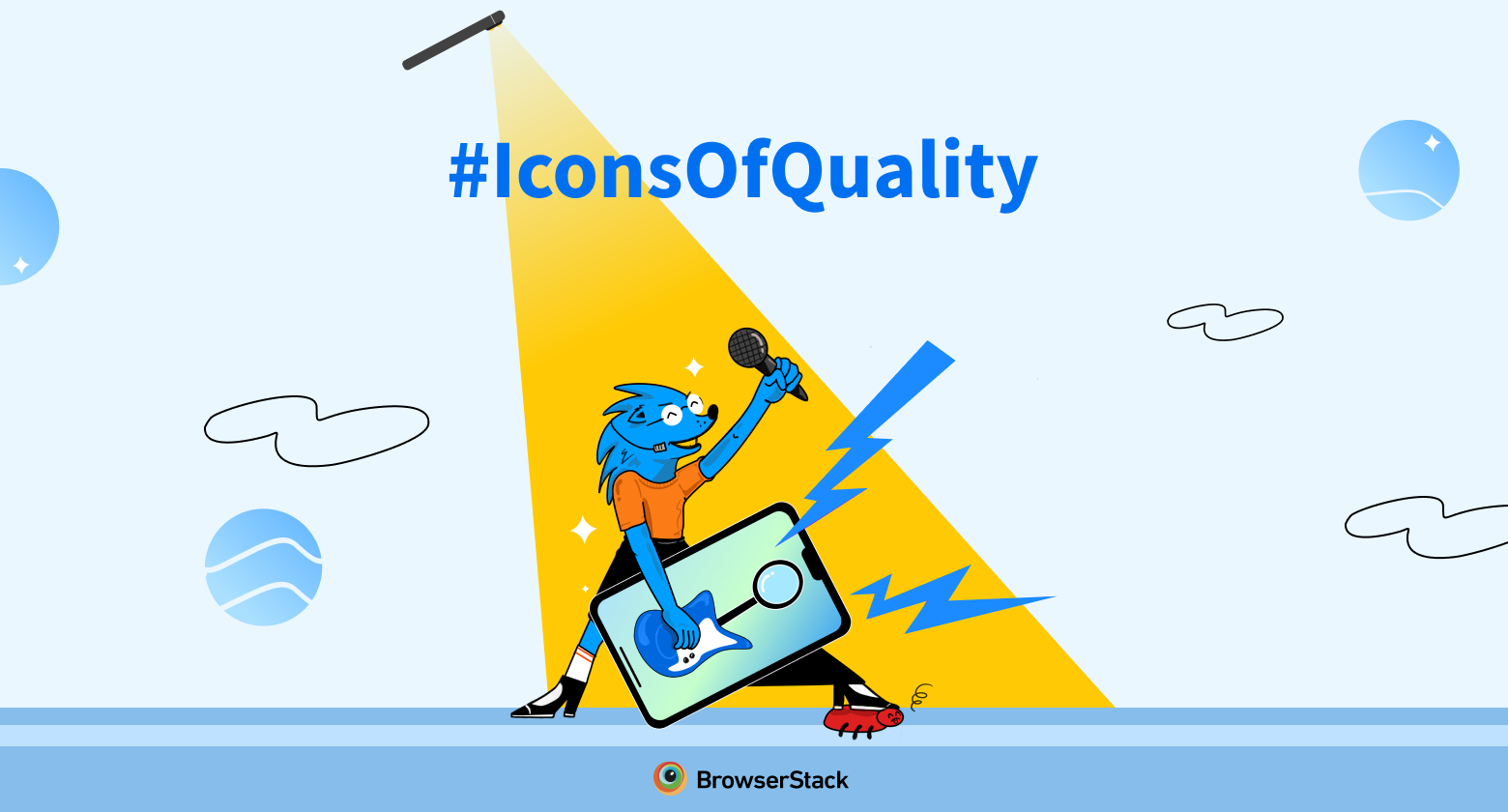
To celebrate the relentless passion of testers, BrowserStack is honoring some of the icons in the testing space—those who push the industry forward by sharing their knowledge with the community at large through their thought leadership.
Maaret Pyhäjärvi is an award-winning testing professional and is currently a Principle Test Engineer at Vaisala. She loves sharing her knowledge and experience with the community through trainings, courses, and workshops.
Tell us about your role as a Principle Test Engineer at Vaisala.
My role is threefold, with a theme of continuous improvement. Firstly, I work on an organizational level with quality and testing practices across teams. Secondly, I work on a selected product with multiple teams by providing pieces. And lastly, I work as a tester in one team of the product I am managing testing for. This role comes from the idea that sticky improvement with agile is continuous and happens from within teams, and me changing teams 6-12 months helps distribute skills and practices from within.
What innovations/trends in the space of software development are you most excited about?
I'm excited about engineering productivity, particularly the stuff coming from Nicole Forsgren on the SPACE framework. We still haven't cracked good product development and how to benefit from diverse skills in teams. I'm also interested in ensemble programming and ensemble testing as a way of collaborating with teams working on a single computer to get the best out of everyone. Another exciting trend is the discussion around AI in testing and AI as the target of testing.
What are some passion projects you're currently working on?
I enjoy speaking at conferences and meetups and want to eventually figure out how to do a TED talk. Another passion project is writing books on ensemble programming and exploratory testing. I also teach exploratory testing with Exploratory Testing Academy and solve the results gap in testing.
In addition to contributing to the selenium community as a project leadership committee member, I also help the Finnish IT sector as a board member in the field of Information and Communications Technology (ICT). At my day job, I work towards creating a team that positively surprises on quantity and quality and solves for weather in aviation.
What are you reading/learning right now? What made you interested in this?
I'm currently reading Collaborating with the Enemy by Adam Kahane because I feel it would be helpful to learn practices to work better with people who I may not like. I'm also reading No More Feedback: Cultivate Consciousness at Work by Carol Sanford—it's a brilliant book on agency and taking ownership of your growth.
What's your favorite software testing quote of all time?
" Tester who can't report bugs well is like a refrigerator light that is only on when the door is closed." – Cem Kaner.
Another one I often need in organizations that love requirement traceability is this one:
"If it's your decision to make, it's design. If it's not, it's a requirement." – Alistair Cockburn
I'd also like to quote myself:
"Everything that does not need to be automated gets done while automating."
"You can't automate well without exploring. You can't explore well without automating."
What advice would you give to women interested in entering the QA space?
Enter! With testing and programming, you just need to get started— it takes a lifetime to get better, so take it one day at a time. Finding a guide (mentor) in communities may help you navigate, especially when you develop the foundation of believing you can learn anything.
What's a fun fact about you that most people don't know?
I became a tester because I studied the Greek language, and someone decided that Greek Microsoft Office was to be tested in Finland.
What are the things you wish you knew about software testing when you started your career?
That you don't ever need to be bored! You have control over how you do your work. A continuous journey of learning and imagining small variations makes you better at your work. Failing and not knowing is normal, and letting people see that allows them to help you. I also wish I knew that software development is, in reality, a social activity.
(Responses have been edited for clarity).
